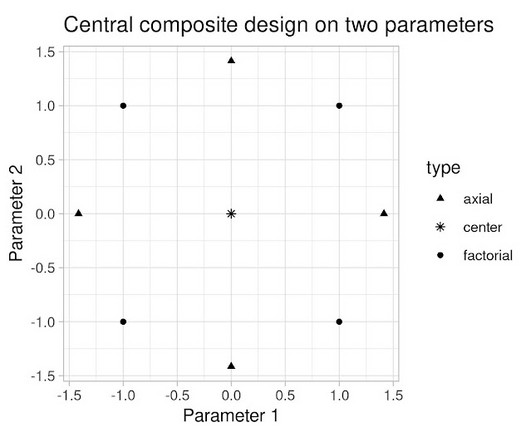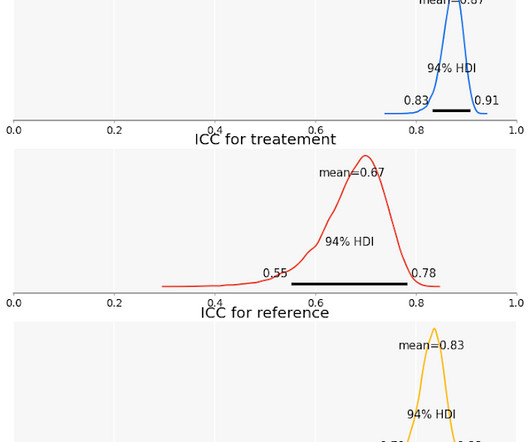The Lean Analytics Cycle: Metrics > Hypothesis > Experiment > Act
Occam's Razor
APRIL 8, 2013
To win in business you need to follow this process: Metrics > Hypothesis > Experiment > Act. We are far too enamored with data collection and reporting the standard metrics we love because others love them because someone else said they were nice so many years ago. That metric is tied to a KPI.















Let's personalize your content